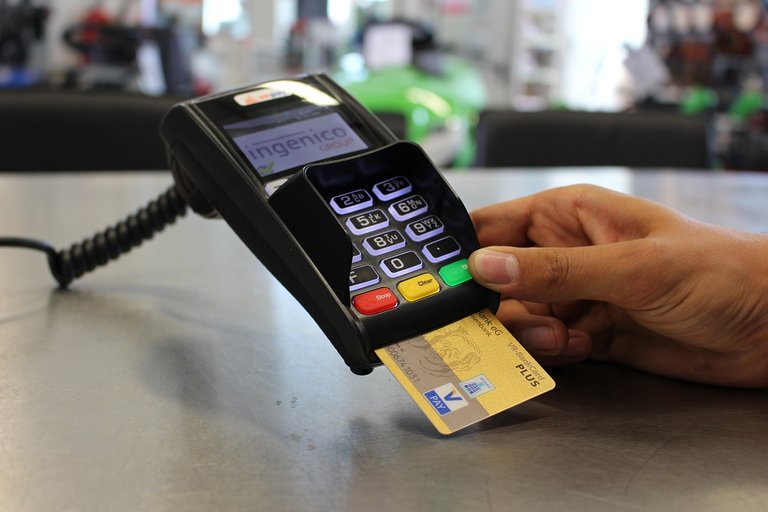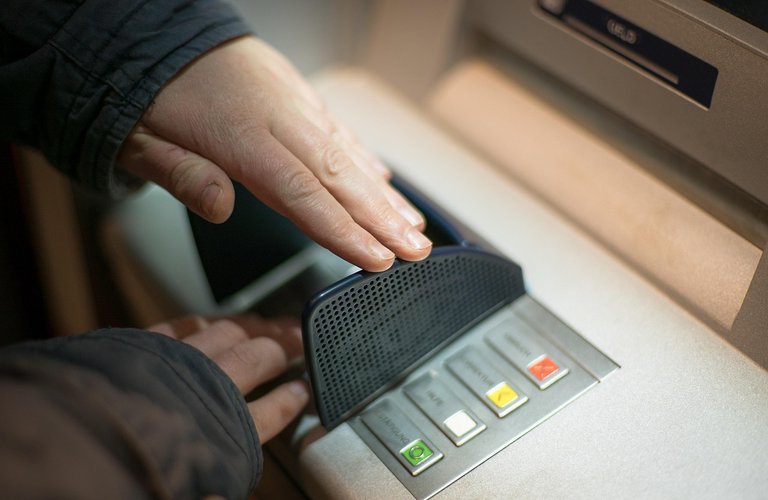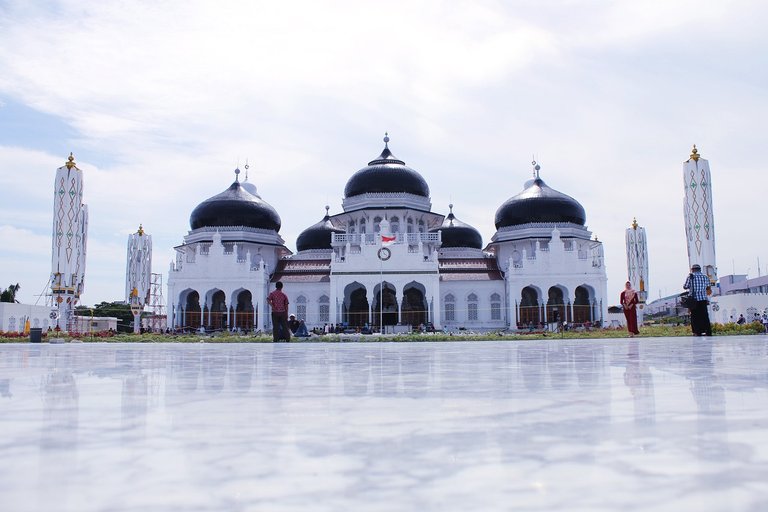Awaiting the Independence and Transparency of Bank Aceh Syariah
Bank Aceh Syariah in Indonesia faces significant challenges as it turns 52 on August 6, 2025. For a banking business, 52 years is a long journey. However, it may also be short compared to other legendary banks that have reached over 100 years.
This anniversary is an important moment for Bank Aceh Syariah (BAS) to reflect. The 52nd anniversary is a testament to the resilience of a regional financial institution born from a spirit of independence and a symbol of Aceh's economy. However, this celebration should not be filled solely with applause and other ceremonies, but also with hard reflection on its role and future direction.
Since its full conversion to a sharia bank in 2016, BAS has been touted as a driving force for an Islamic-based economy and a bolstering the competitiveness of Micro, Small, and Medium Enterprises (MSMEs) in Aceh.
Is this mission truly realized, or is it merely a marketing slogan? In the field, customer complaints about slow service, limited innovative products, and the continued dominance of consumer loans over productive financing are serious concerns.
BAS, whose shares are owned by the provincial, district, and city governments in Aceh, has been highly dependent on local economic activity, much of which is consumer-oriented. This dependence has kept Bank Aceh comfortable in a safe zone—low credit risk, but minimal direct impact on the people's economy. As a result, when government cash flow is disrupted, the bank's liquidity also faltered.
The majority of financing is still directed toward consumer loans—civil servant salaries, vehicles, and housing—rather than productive sectors such as MSMEs, agriculture, fisheries, and the creative industry. This strategy is safe, but it does not build a long-term economic foundation for Aceh. This is a major challenge for BAS management.
Many customers complain about the slow service speed, long queues, and limited mobile banking (Action) features compared to national banks. In the digital banking era, delays in innovation can drive younger generations to other banks or fintech companies. There are also complaints that when customers encounter problems with the Action app, they are required to visit the nearest branch office, rather than handle the problem independently without having to allocate time and money to a branch office.
Despite being fully Sharia-compliant since 2016, many financing and savings products are considered lacking in creativity and merely replicating conventional models. Sharia financial education and literacy are also not yet widespread, so the public doesn't understand the significant differences compared to conventional banks.
The market base remains very local. The limited expansion outside Aceh has resulted in Bank Aceh missing opportunities to expand its market share and new funding sources, especially amidst competition from national Sharia banks such as BSI, BTPN Syariah, and Sharia-based digital banks.
The issue of transparency in recruitment at BAS has also frequently drawn public attention. In various posts, many complain about the lack of transparency in recruitment at BAS. New employees are suddenly welcomed without any open competency tests. It's understandable that suspicions arise that the new employees are being appointed by BAS's top brass or Aceh government officials, both at the provincial and district/city levels.
These challenges pose challenges that must be addressed by BAS's anniversary. Otherwise, BAS will remain stagnant.
Ironically, despite the surplus of third-party funds, financing for the real sector remains suboptimal. Aceh's leading potential sectors—coffee, fisheries, and tourism—have not received a commensurate share of strategic financing support. BAS is preoccupied with relying on rents from regional government fund allocations and large projects that have minimal risk but also minimal multiplier effects on the people's economy.
As a regionally owned bank, BAS also bears a greater moral and social responsibility. It's not just about dividends for local revenue (PAD), but also about becoming an economic catalyst that dares to take calculated risks to drive the wheels of people's businesses. Regional banks should not be merely "money-making machines" that are comfortable but insensitive to the challenges of economic development.
The age of 52 should be a phase of maturity that yields breakthroughs, not simply a state of comfort. BAS needs to respond to the demands of the times—digitalization of services on par with national banks, innovation in relevant financing products, and a real commitment to supporting Aceh's economic transformation.[]



Yeah, the age of 52 should be an age of maturity. I totally agree with you. Thanks for sharing.